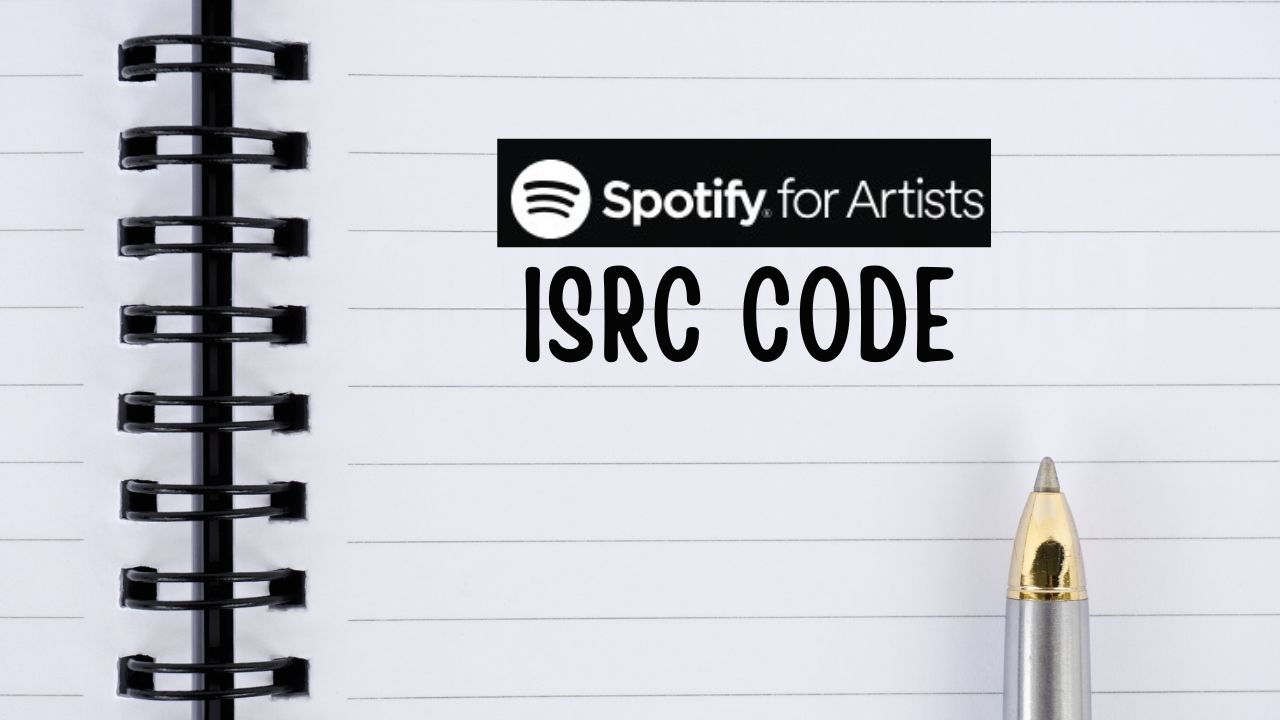Music plays a vital role in human life. The impact of music on human life can boost your mood, reduce pain and anxiety, and help in emotional expression. Listening to music relaxes and satisfies the mind. Music motivates people to accomplish better things in life and aids in problem-solving. According to research, music can enhance our physical and mental health in various ways. Thus, it is evident that the impact of music on human life is quite significant.
Table of Contents
- The Impact of Music on Human Life
– The Impact of Music on Festivals and Gatherings
– How Music Calms Our Mind
– The Impact of Music as a Source of Amusement
– How Music Improves Concentration
– Self-Image
– Combating Fears
– Source of Strength
– Cognitive Performance
– Stress Reduction
– Sleep Improvement
– Motivation
– Music and Depression
– Music’s Profound Impact on Individuals - Conclusion
The Impact of Music on Human Life
The impact of music on human life is profound and multifaceted. Music has been an integral part of human culture for centuries, serving as a means of communication, expression, and connection. It transcends language barriers and connects people on an emotional level. Music can evoke powerful emotions, memories, and even physical responses. For instance, a soothing melody can calm an anxious mind, while an upbeat tune can energize and motivate.
One of the most remarkable aspects of music is its ability to affect our mental and physical health. Studies have shown that listening to music can reduce stress, anxiety, and depression. It can also enhance cognitive functions, such as memory, attention, and problem-solving skills. Additionally, music therapy is increasingly used in medical settings to aid in the recovery and treatment of patients with various conditions, including stroke, dementia, and chronic pain.
The impact of music on human life is not limited to individual experiences. It plays a crucial role in social and cultural contexts as well. Music brings people together, whether it is through festivals, concerts, or casual gatherings. It fosters a sense of community and shared identity. Music also has the power to inspire social change and raise awareness about important issues.
Now, let’s explore the specific ways in which music impacts our lives.
The Impact of Music on Festivals and Gatherings
Many festivals and gatherings include music to add to the excitement. You can listen to music at any time of day and for any purpose. The effects of music can transport you to another dimension. Whether people are unhappy, joyful, in love, grieving, excited, or just bored, they listen to music.
Feel the impact of music on human life with every emotion. People listen to music at the office, while walking, alone, or with a companion. It helps reduce tension and refresh the mind. The effects of music can help with troubles in a person’s life, helping them forget sad memories and calming the mind and spirit.
The Impact of Music as a Source of Amusement
The effects of music have a significant contribution to our lives. It is a fantastic source of amusement and connects people. For example, music distribution platforms like Deliver My Tune help listeners connect with artists, evoking happy memories and providing an excellent outlet for self-expression. Music is adored by humans and is necessary for their well-being.
Since ancient times, music has been a fundamental source of entertainment. Before televisions, internet connections, video games, and other forms of entertainment, people relied on music to keep themselves engaged. Musical instruments took a long time to develop, but once they did, they elevated music to new heights. Today, music is a full-fledged industry, and you cannot deny the impact of music on human life.
How Music Calms Our Mind
Music can help you overcome bad feelings and ideas. Throughout the day, we confront various stressful events, and music helps us unwind. It helps us forget about small matters that would otherwise keep our brains engaged all day and prevent us from completing our tasks. When you’re feeling down, it’s a good idea to listen to your favorite music or play a musical instrument. The impact of music on human life is a gift to us all. It soothes your senses while distracting you from unnecessary thoughts and can quickly improve your mood.
How Music Improves Concentration
According to studies, music might help you concentrate better. Our minds often wander when we sit down to study or work, preventing us from focusing. The impact of music on human life can keep us engaged in the present moment, preventing our minds from wandering and allowing us to focus on our tasks instead of daydreaming.
Music and Self-Image
Music can bring us closer to ourselves. It transports us to the depths of our minds, enabling us to comprehend who we are and what we are here to do. It also aids in discovering our latent abilities, making it a fantastic tool for improving one’s self-esteem. The impact of music on human life can boost our self-confidence.
Music and Combating Fears
Fear is present in everyone’s life. Some fears are fleeting, while others are ingrained and difficult to overcome. When you’re afraid, music can help you feel better by providing comfort and strength.
Music as a Source of Strength
Music gives people strength by allowing them to better connect with themselves and others. It helps you express yourself better. The impact of music on human life helps people communicate both vocally and non-verbally and cope with uncomfortable emotions. Many of these emotions sap our vitality and slow us down. Music empowers us by assisting us in coping with such emotions, promoting positive emotions, and reducing the risk of physical and mental illness.
Music and Cognitive Performance
Research shows that background music or music played while the listener is engaged in another activity can increase cognitive function in older individuals. This impact of music on human life highlights its importance in maintaining mental agility.
Music and Stress Reduction
Music has a special relationship with our emotions. According to research, music is an extraordinarily efficient stress management strategy. It helps people cope with or alleviate stress, which is why contemplative music aims to calm and soothe the mind. Stress can be relieved by listening to music, and evidence supports this tendency.
Music and Sleep Improvement
People of all ages suffer from insomnia, a common condition. Research has proven that listening to soothing classical music is a safe, effective, and economical way to improve sleep quality.
Music and Motivation
There’s a reason you like to exercise while listening to music. Studies show that listening to fast-paced music pushes people to exercise harder, demonstrating another impact of music on human life. It can keep you motivated during various activities, encouraging you to perform better.
Impact of Music on Depression
Music therapy is a safe and effective treatment for various conditions, including depression. Research shows that music therapy can improve sadness and anxiety in individuals with neurological disorders such as dementia, stroke, and Parkinson’s disease. The impact of music on human life is evident in its therapeutic benefits.
Music’s Profound Impact on Individuals
The effects of music create a profound impact on individuals. People listen to music that has an emotional impact on them, and this connection can sometimes inspire a musical career. For example, a person can get inspired by the music of their favorite artist and pursue a career in the music industry with the help of a digital aggregator and distribution platform like Deliver My Tune.
Conclusion
Music has healing properties in addition to providing enjoyment. It soothes the nervous system and helps treat various physical and mental conditions. Music therapy is now used by doctors worldwide as part of medical treatments, aiding recovery time. Patients listen to music as part of their treatment, create lyrics, dance, and chant while composing music and playing various instruments. Music is an excellent way to improve one’s well-being.



















Leave a Reply